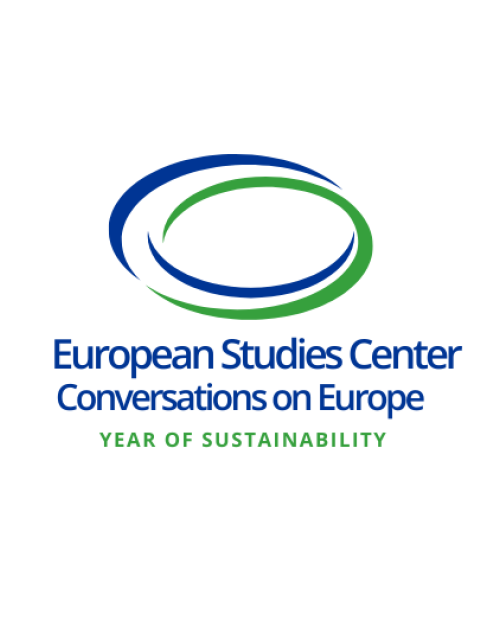Reactionary? Progressive? Localist? Globalist? How do our climate politics line up? This panel will explore the history of environmentalism as a way of thinking about the spectrum of political positions in climate response. Recall that the oil shock, acid rain, nuclear energy protests at Wyhl, concern over DDT, all in the 1970s generated a new environmental activism: citizens initiatives in civil disobedience against business and state. In Germany and elsewhere very disparate interests came together to form what was understood as a new progressive political party: the Greens. Yet was it so progressive? Many people in the party came from a far-right political position, and with their entry into parliament, the Greens did not fit easily into the historic right-left spectrum. Such is not new. Indeed, environmental concerns have a longer and even a predominately conservative history. Romanticism praised pre-industrial bucolic patriarchal society. While climate change denialism may have become recently a hallmark of conservative politics, yet back to nature, back to the soil, survivalism, and prepping, are restoring environmentalism increasingly to conservative politics. And as with the Greens before, movements like Fridays for Futures and Last Generation do not align with any existing political party.
Moderator: Randall Halle
Panelists:
Iza Ding, Northwestern University
Patrick Manning, University of Pittsburgh
Stephen Milder, Rachel Carson Center for Environment and Society


